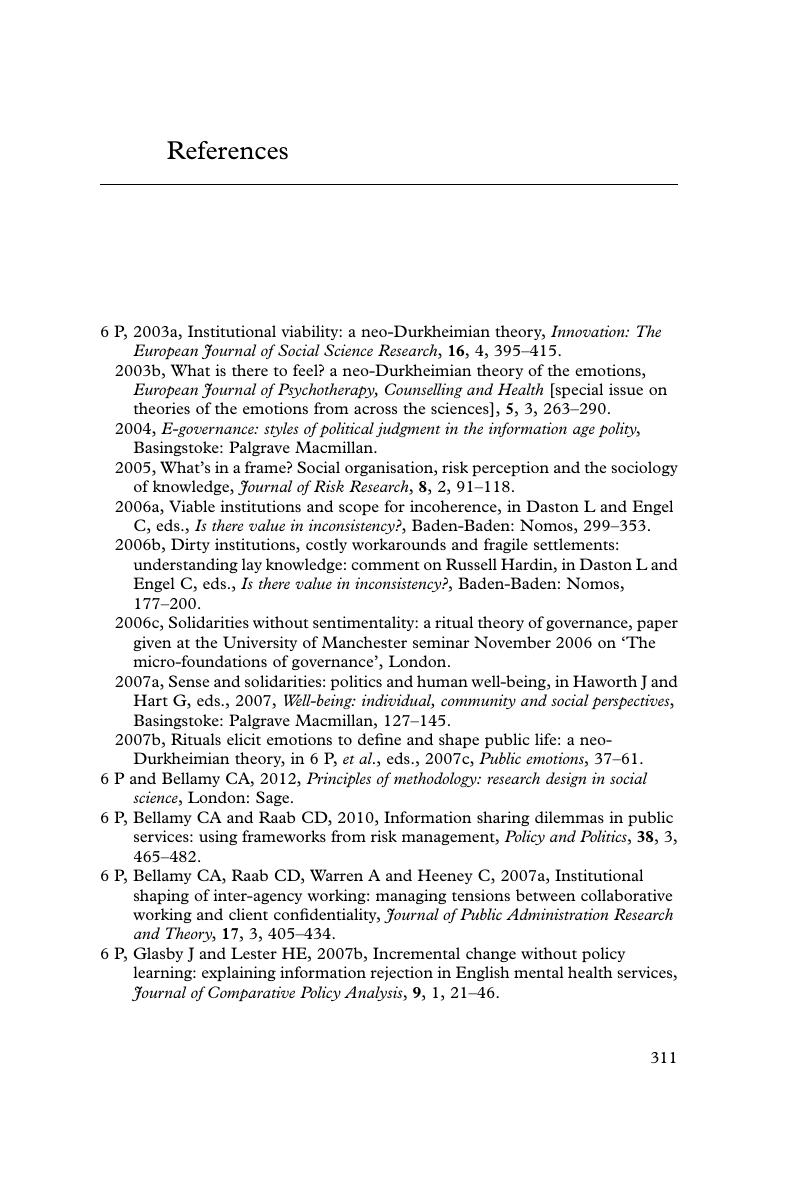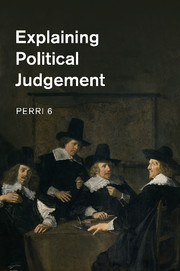Book contents
- Frontmatter
- Contents
- Figures
- Tables
- Acknowledgements
- Epigraph
- Chapter 1 On political judgement
- Chapter 2 The need for richer explanation
- Chapter 3 A Durkheimian theoretical framework
- Chapter 4 October 1962, before and after
- Chapter 5 The Khrushchev régime
- Chapter 6 The Kennedy administration
- Chapter 7 The Castro revolutionary régime
- Chapter 8 Implications
- Chapter 9 Coda
- Notes
- References
- Index
- References
References
Published online by Cambridge University Press: 07 October 2011
- Frontmatter
- Contents
- Figures
- Tables
- Acknowledgements
- Epigraph
- Chapter 1 On political judgement
- Chapter 2 The need for richer explanation
- Chapter 3 A Durkheimian theoretical framework
- Chapter 4 October 1962, before and after
- Chapter 5 The Khrushchev régime
- Chapter 6 The Kennedy administration
- Chapter 7 The Castro revolutionary régime
- Chapter 8 Implications
- Chapter 9 Coda
- Notes
- References
- Index
- References
Summary

- Type
- Chapter
- Information
- Explaining Political Judgement , pp. 311 - 338Publisher: Cambridge University PressPrint publication year: 2011



